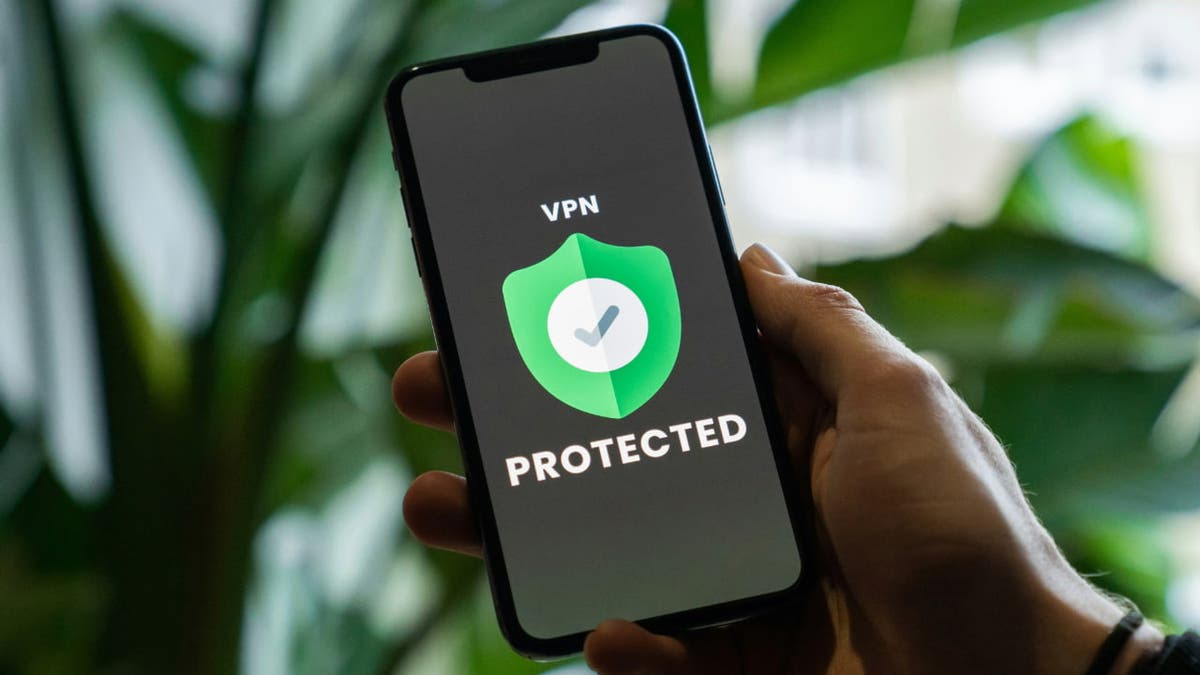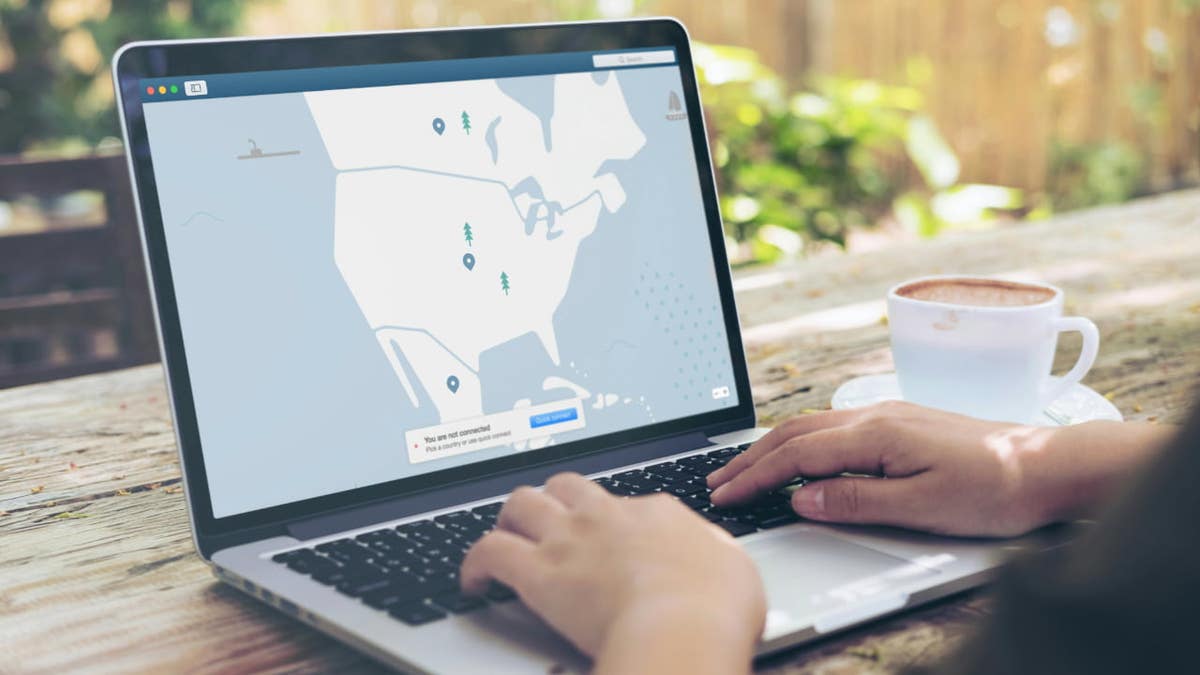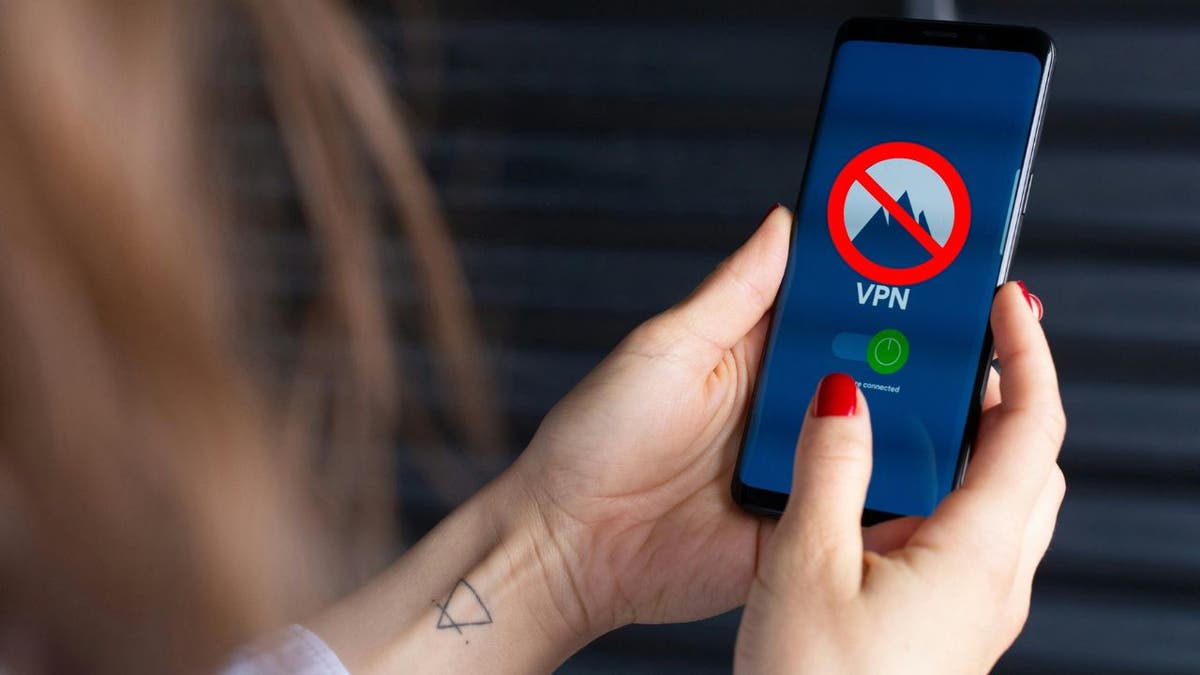Protecting your online privacy and security is paramount in today's digital landscape. While Virtual Private Networks (VPNs) are designed to enhance your privacy by encrypting your connection and masking your IP address, a concerning trend has emerged: the proliferation of fake VPN apps.

A VPN on a cellphone (Kurt "CyberGuy" Knutsson)
The Danger of Fake VPN Apps
Cybercriminals are exploiting the demand for free VPN services. Security researchers have reported a significant increase in encounters with fake VPN apps, many of which are malware or tools for malicious actors. These apps can compromise your data and turn your device into a node in a botnet, as highlighted by the takedown of the 911 S5 botnet. This network, built using several free VPN apps, encompassed millions of IP addresses across numerous countries, facilitating cyberattacks, money laundering, and fraud.

A VPN on a laptop (Kurt "CyberGuy" Knutsson)
Why Avoid Free VPNs?
Free VPN apps often lack the incentives to prioritize your security. They may engage in data sharing with third parties, employ weak encryption, suffer from data leaks, offer unreliable connections, and request excessive permissions, potentially tracking your location or installed apps.
The Allure of Free and the Importance of Trusted Sources
The increasing demand for VPNs, combined with the appeal of free services, makes users vulnerable to these deceptive apps. Many assume that apps available in official stores are safe, but this isn't always true. It's crucial to rely on reputable VPN providers with established track records and positive reviews.

A woman looking at a VPN app on her phone (Kurt "CyberGuy" Knutsson)
Choosing and Using VPNs Safely
- Download from Official Stores: Stick to trusted platforms like the App Store and Google Play Store.
- Scrutinize App Permissions: Carefully review the permissions requested by any app.
- Enable Two-Factor Authentication (2FA): Enhance your account security with 2FA.
- Update Software: Regularly update all VPN-related software.
- Prioritize Strong Encryption: Choose VPNs with robust encryption protocols like AES-256.
- Monitor VPN Traffic: Watch for any suspicious activity in your VPN traffic.
- Use Robust Antivirus Software: Employ reputable antivirus software for added protection.
Investing in a reliable, paid VPN service is essential for safeguarding your online activities and protecting your privacy in the digital age.








